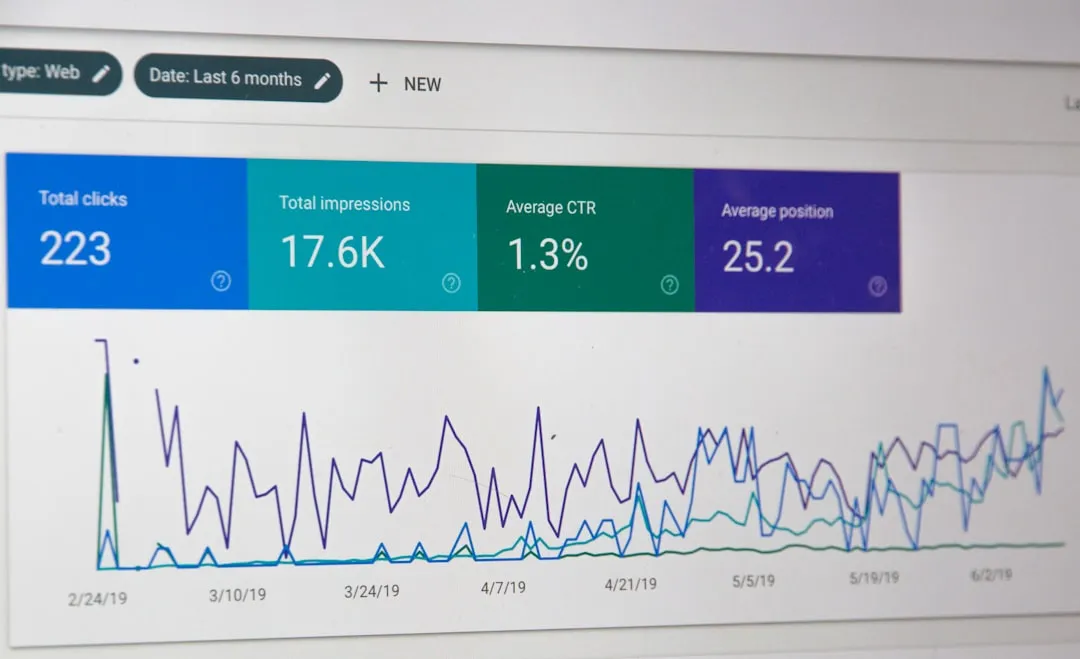Anthropic’s Claude 4 models redefine intelligent agents and coding capabilities, promising groundbreaking performance and versatility.
Anthropic’s Claude 4 models are redefining intelligent agents and coding capabilities.
Anthropic’s Claude 4 models represent a significant leap in AI technology for coding and intelligent agents.
The Launch of Claude 4: A New Frontier
Anthropic has officially unveiled its latest model family, Claude 4, signaling a pivotal moment for developers and businesses focused on building next-generation AI assistants and coding tools. The standout models, Claude Opus 4 and Claude Sonnet 4, showcase Anthropic’s dedication to advancing AI capabilities across multiple domains. Opus 4 is positioned as the powerhouse model, while Sonnet 4 is designed to be a versatile all-rounder, aimed at enhancing everyday use cases. This ambitious launch reflects Anthropic’s vision of transforming the way AI integrates into our workflows, emphasizing the importance of robust performance in coding, research, and scientific endeavors.
According to Anthropic, these models are not just incremental updates but rather groundbreaking developments that promise to “advance our customers’ AI strategies across the board.” By addressing both high-level coding challenges and day-to-day task automation, Claude 4 is set to redefine the interactions between humans and intelligent systems, fostering a new era of productivity and innovation in the tech landscape.
Claude Opus 4: The New Coding Champion
When Anthropic heralds Claude Opus 4 as its “most powerful model yet,” it demands attention from the tech community. With impressive performance metrics, Opus 4 has achieved a score of 72.5% on SWE-bench and 43.2% on Terminal-bench, underscoring its capabilities in real-world software engineering tasks. However, the real game-changer lies in its design for sustained performance. Unlike its predecessors, Opus 4 is engineered for long-running tasks that require continuous focus and precision, allowing it to tackle complex coding challenges over extended periods.
Imagine an AI capable of “working continuously for several hours” without losing track or efficiency—that’s the promise Anthropic makes with Opus 4. This persistent capability could open doors to new applications, enabling AI agents to engage in intricate problem-solving and development processes that were previously deemed challenging or time-consuming. As the coding landscape evolves, Opus 4 stands at the forefront, ready to meet the demands of modern software development with unparalleled efficiency and accuracy.
Claude Sonnet 4: Versatility for Everyday Tasks
While Opus 4 is designed for heavy lifting, Claude Sonnet 4 emerges as the versatile workhorse of the duo. Early feedback from developers and organizations reveals that Sonnet 4 excels in “agentic scenarios,” with GitHub expressing plans to integrate it as the foundational model for its upcoming coding agent in GitHub Copilot. Such endorsements highlight Sonnet 4’s capability to enhance productivity and streamline workflows across various applications.
Tech commentator Manus notes significant improvements in Sonnet 4’s ability to follow complex instructions, engage in clear reasoning, and produce aesthetically pleasing outputs. In the realm of autonomous development, iGent reports that Sonnet 4 not only enhances app development but also drastically reduces navigation errors, dropping them from 20% to near zero. This level of precision is crucial for developers, as it enhances overall efficiency and reduces the likelihood of costly mistakes in code creation and management.
Hybrid Modes: Tailoring AI Responses
A standout feature of the Claude 4 family is its hybrid operational modes, allowing both Opus 4 and Sonnet 4 to toggle between rapid responses and extended reasoning sessions. This duality caters to varying user needs—whether a developer requires quick answers or in-depth analysis for complex tasks, these models adapt accordingly. Notably, the extended thinking mode will be available not just in premium plans but also for free users of Sonnet 4, democratizing access to high-quality AI capabilities.
Anthropic’s strategic approach with hybrid functionality signifies a commitment to enhancing user experience, enabling developers to engage with AI in a more dynamic manner. The implications of this flexibility extend beyond mere convenience; they empower users to leverage AI more effectively in diverse scenarios, from simple queries to complex problem-solving tasks that demand sustained cognitive engagement.
Developer Tools: Enhancing AI Integration
In tandem with the launch of Claude 4, Anthropic is also rolling out a suite of developer tools designed to supercharge the creation of sophisticated AI agents. Among these tools is a code execution feature that allows models to run code directly, expanding the possibilities for interactive applications and real-time problem-solving. Additionally, the introduction of the MCP connector standardizes context exchange between AI assistants and software environments, facilitating smoother interactions and greater interoperability.
Furthermore, the Files API is a major advancement that simplifies the way AI interacts with files, addressing a common bottleneck in many real-world applications. Coupled with prompt caching capabilities that allow users to store prompts for up to an hour, these tools collectively enhance the speed and efficiency of AI operations, making it easier for developers to create intelligent solutions tailored to their specific needs.
Real-World Performance and Pricing Strategy
Anthropic emphasizes that Claude 4 models lead in real-world performance benchmarks, particularly the SWE-bench Verified, which assesses capabilities in actual software engineering tasks. Beyond coding, these models deliver robust performance across various domains, including reasoning and multimodal tasks, reinforcing their versatility as intelligent agents. Despite the significant advancements, Anthropic has opted to maintain competitive pricing for these models, with Opus 4 priced at $15 per million input tokens and $75 per million output tokens, while Sonnet 4 is more accessible at $3 per million input tokens and $15 per million output tokens.
This pricing strategy, coupled with the broad availability of Claude 4 through the Anthropic API and platforms like Amazon Bedrock and Google Cloud’s Vertex AI, ensures that businesses and developers globally can readily experiment and integrate these cutting-edge tools into their workflows. As companies continue to explore the potential of AI, the launch of Claude 4 marks a significant milestone, providing the foundation for innovation in coding and autonomous agent behavior.

